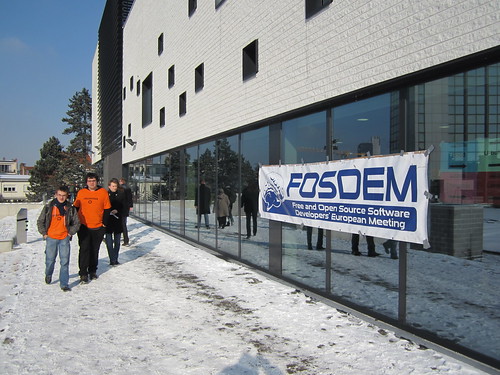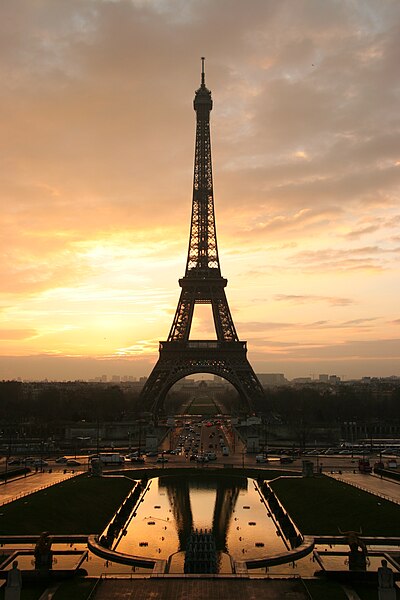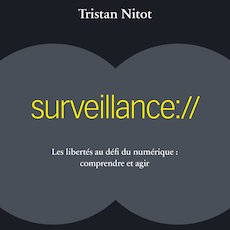Earlier today, in FOSDEM in Brussels, a series of grants by Mozilla to non-profit organizations and aimed at Europe have been announced. Here is the announcement:
Mozilla awards grants to six international non-profit organizations
We are pleased to announce that Mozilla awards six international non-profit organizations in Europe and the US with grants for projects that will further strengthen open web, free and open source technologies and user sovereignty on the Web in Europe. Grant recipients are:
- April: April is the main French advocacy association devoted to promote and protect Free/Libre Software. It is a major player in spreading the word of free software and open standards to the general public, professionals and institutions in France. It also acts as a watchdog on digital freedoms, warning the public about the dangers of private interests keeping an exclusive stranglehold on information and knowledge.
- FOSDEM: The Belgium-based FOSDEM team organizes the free and non-commercial Free and Open source Software Developers' European Meeting (FOSDEM) event to promote the widespread use of Free and Open Source software and provide FOSS projects with a platform to meet, exchange, and collaborate.
- Framasoft: Framasoft is one of the most prominent voices of FLOSS (Free, Libre, Open Source Software) in France and other French-speaking countries. The organization’s aim is to educate users about the importance of open software.
- Free Software Foundation Europe: Free Software Foundation Europe works across Europe for freedom in the information society by promoting Free Software and Open Standards in politics, business, law, education, and society at large.
- Nowoczesna Polska: the Modern Poland Foundation consequently cares for modern education and development of information society in Poland.
- Participatory Culture Foundation: The US-based organization is dedicated to creating open and decentralized video tools and services. The grant is earmarked for Universal Subtitles, a project of Participatory Culture Foundation that makes web video accessible through a collaborative platform for captioning and translation of video. Mozilla has collaborated on this open-source project since its creation.
Mozilla has a history of awarding grants to projects that are aligned with its mission. The funds for this round came from Mozilla Europe. Going forward all grant applications, including those for Europe, will go through the Mozilla foundation. Details can be found here: http://www.mozilla.org/grants/ (Once the page has been updated, that is  )
)







